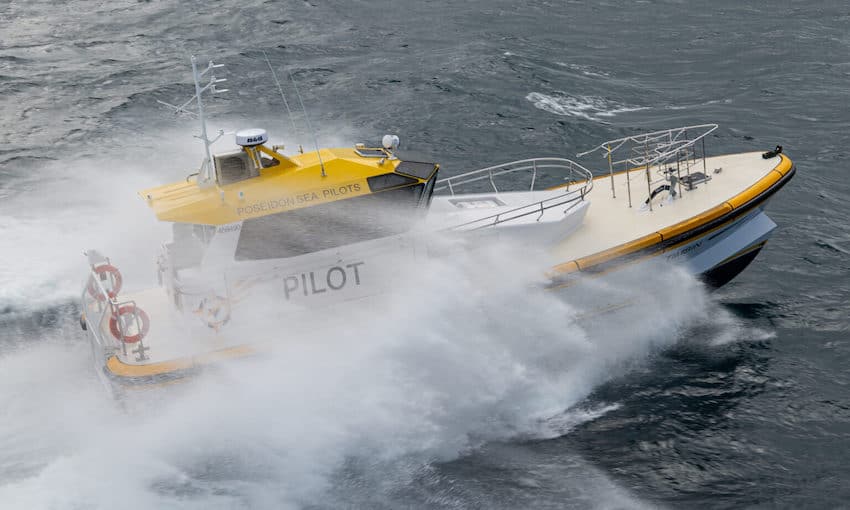THERE is concern for shipping operations at the port of Brisbane this week as marine pilots prepare to strike.
The Australian Maritime Officers Union announced on Friday that pilots at the port of Brisbane would stop work for 24 hours on Thursday 24 August.
The pilots are taking industrial action against Poseidon Sea Pilots, their employer, after weeks of negotiations at the Fair Work Commission collapsed. PSP and the AMOU were working to settle on an enterprise agreement for the pilots, but the union on Friday rejected an agreement proposed by the employer, triggering industrial action.
AMS Group – the parent company of PSP – disclosed it had committed to paying pilots $347,000 per annum on a roster where they work 23 weeks a year. It said the pilots were “now demanding more leave, a 30% pay increase and annual CPI increases”.
The AMOU said has since condemned the comments and “comparisons” made by the company.
“I’m getting quite bored listening to a CEO try and wage-shame high income earners,” AMOU Queensland organiser Tracey Ellis said.
“Rather than him spouting dollar figures that these pilots can’t actually achieve, maybe he should tell everyone what he earns.
“These pilots are not sitting around twiddling their thumbs, they are spending up to 14 hours a day navigating massive fuel laden ships through a marine park and then berthing them in a narrow river.
“As Poseidon well knows, our main claim has been to address the pilots’ concerns around fatigue. Sadly, their answer seems to be to make pilots work extra days for free. These pilots can work twice the number of hours per day than a nine-to-five worker who gets a one-hour lunch break does, so the comparisons need to stop.”
The impact on shipping
A Port of Brisbane spokesperson told DCN was “disappointed” the situation had led to industrial action.
“We would hope any disruption to shipping schedules are minimised,” the spokesperson said.
“We urge all parties to resolve this dispute as soon as possible.”
A Shipping Australia spokesperson said the association was “saddened and disappointed” to hear that a pilotage strike was planned.
“This is particularly disruptive as the waters around Brisbane are an area of compulsory pilotage and there is only one provider of pilotage services in that area,” they said.
“Unfortunately, the effect of industrial action tends to cascade through to related sectors and importers, exporters, landside logistics operators, and ocean shipping companies, may experience a wide variety of unexpected costs and disruption from strike-induced delay.”
The spokesperson also highlighted potential consequences for the Queensland economy.
“Shipping Australia understands that, in Brisbane, specifically, the average daily value of the container trade in 2021 was over $140 million of which about $96.8 million was attributed to imports and $43.3 million was attributed to exports,” they said.
“For some importers and exporters, a one-day delay is a mere inconvenience. For others, particularly those working in the perishables sector, and for those working within complex supply chains, or in low-margin, or within just-in-time sectors, there is the potential for irrevocable harm or loss.
“Economists have estimated that a mere 5% of direct economic loss of the value of cargo on container ships arising from one day of industrial action at Brisbane is in the order of $4.36 million for imports and $1.95 million for exports. That’s approximately $6.31 million a day.
“As even one day of industrial action is so costly and significant, we therefore hope that industrial action does not actually proceed and that the matter can be speedily and amicably resolved.”

